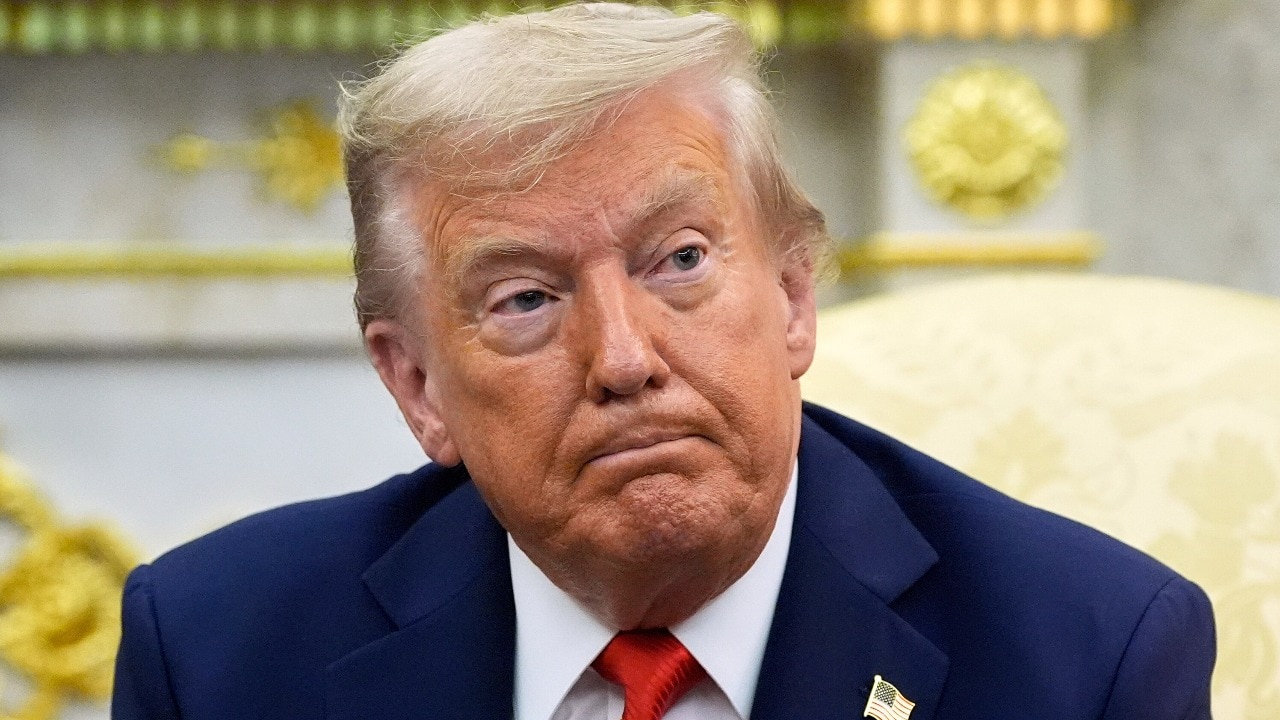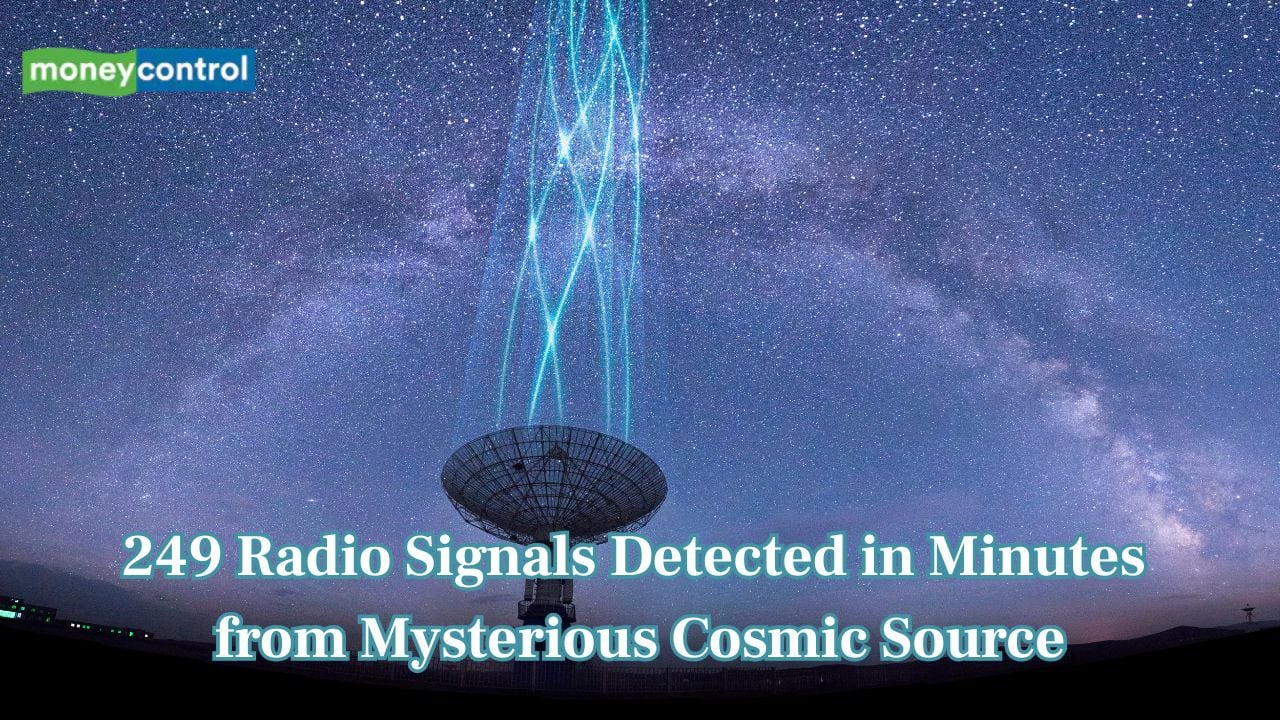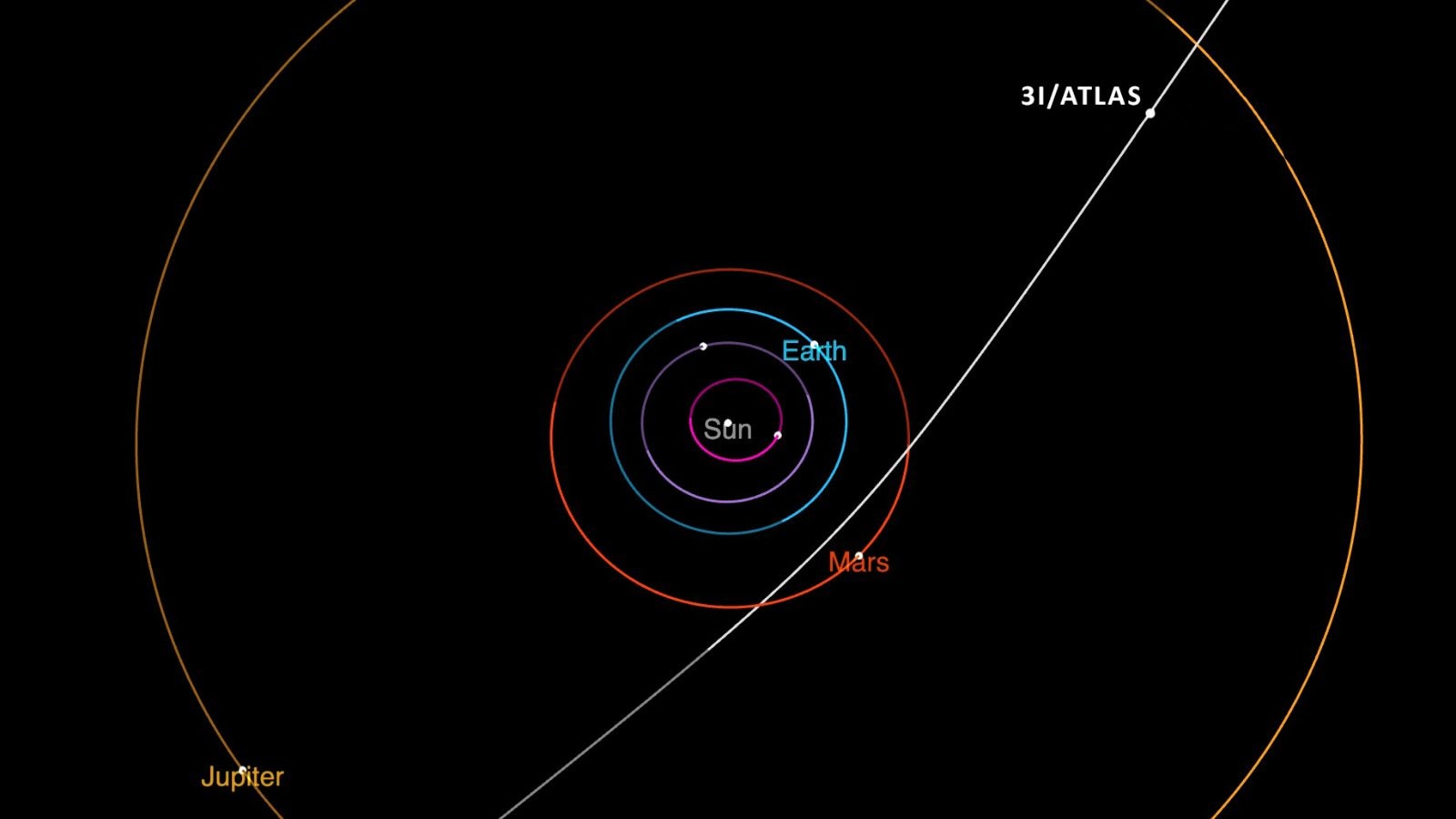Elon Musk Announces Formation of 'America Party' Amid Break with Trump
BRIDGEWATER, N.J. (AP) — In a surprising turn of events, billionaire entrepreneur Elon Musk has officially declared his intention to establish a new political party called the America Party. This announcement comes in the wake of a significant rift with former President Donald Trump, particularly over Trump’s recent tax cuts law, which Musk has vehemently opposed.
Elon Musk, who is best known as the CEO of Tesla and SpaceX, had previously been a staunch ally of Trump, even playing a role in his administration as the head of the Department of Government Efficiency. However, Musk’s support faltered following the passage of Trump's sweeping tax legislation, which he criticized for its potential to exacerbate national debt. The bill, signed into law on a recent Friday, prompted Musk to escalate his rhetoric. “When it comes to bankrupting our country with waste & graft, we live in a one-party system, not a democracy,” Musk expressed emphatically on his social media platform, X, which he owns. He further claimed that the formation of the America Party aims to restore freedom to the populace.
The creation of new political parties is not an unusual phenomenon in the United States; however, they often struggle to gain substantial traction against the dominant Republican and Democratic parties. Despite this historical trend, Musk, as the world’s wealthiest individual, commands a unique position. His previous financial contributions—over $250 million in support of Trump during the 2024 election—suggest that if he commits to funding the America Party, he could significantly influence the outcomes of the upcoming 2026 elections, particularly regarding control of Congress.
This latest clash could have serious implications for Musk, especially considering that his various enterprises depend heavily on government contracts. Furthermore, the publicly traded company Tesla has recently experienced volatility in its stock market performance, which could be exacerbated by Musk's political maneuverings.
While specifics about the formal establishment of the America Party remain uncertain, there were reports of multiple political parties emerging in the Federal Election Commission database shortly after Musk's announcement. Many of these entities included variations of the name “America Party,” but their authenticity was questionable, with contact information often pointing to unverifiable sources like untraceable Protonmail addresses.
On the morning following his announcement, Musk engaged with users on X, soliciting feedback about the new party and indicating that he intends to leverage it for involvement in the midterm elections of 2026. His previous threats to attempt to oust members of Congress who supported Trump’s bill underscore his serious commitment to pursuing this political avenue. Musk has previously labeled the tax breaks and spending cuts package as a “disgusting abomination,” criticizing it for increasing the federal deficit, among other issues.
In a scathing rebuke, Musk pointed out the Republican Party's total control over the executive, legislative, and judicial branches, questioning their decision to expand the national debt by an astounding five trillion dollars. This sharp critique marks a stark departure from Musk’s earlier statements, made just a few months prior, where he indicated a desire to decrease his involvement in political matters.
In response to Musk's announcement, Treasury Secretary Scott Bessent, who had previously clashed with him during Musk's involvement with DOGE, commented on CNN's “State of the Union.” He noted that while the principles Musk espoused might resonate with the public, polling data suggested that Musk himself did not enjoy wide popularity. Bessent speculated that Musk's business associates might be concerned about his political aspirations and would prefer he focus on business rather than politics.
As the political landscape continues to evolve, the ramifications of Musk's America Party and his fractured relationship with Trump remain to be seen.


























